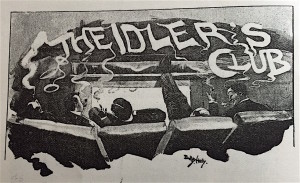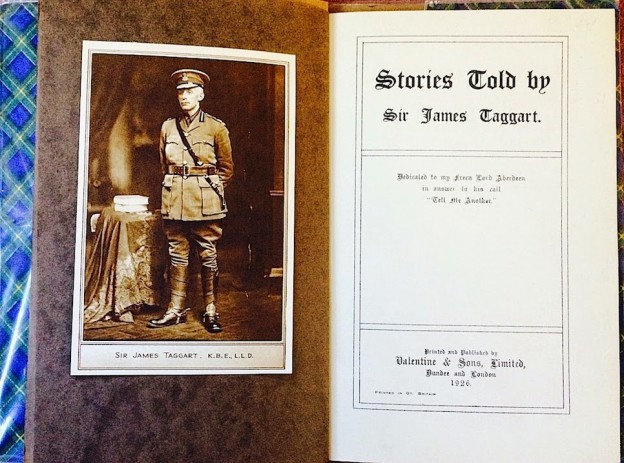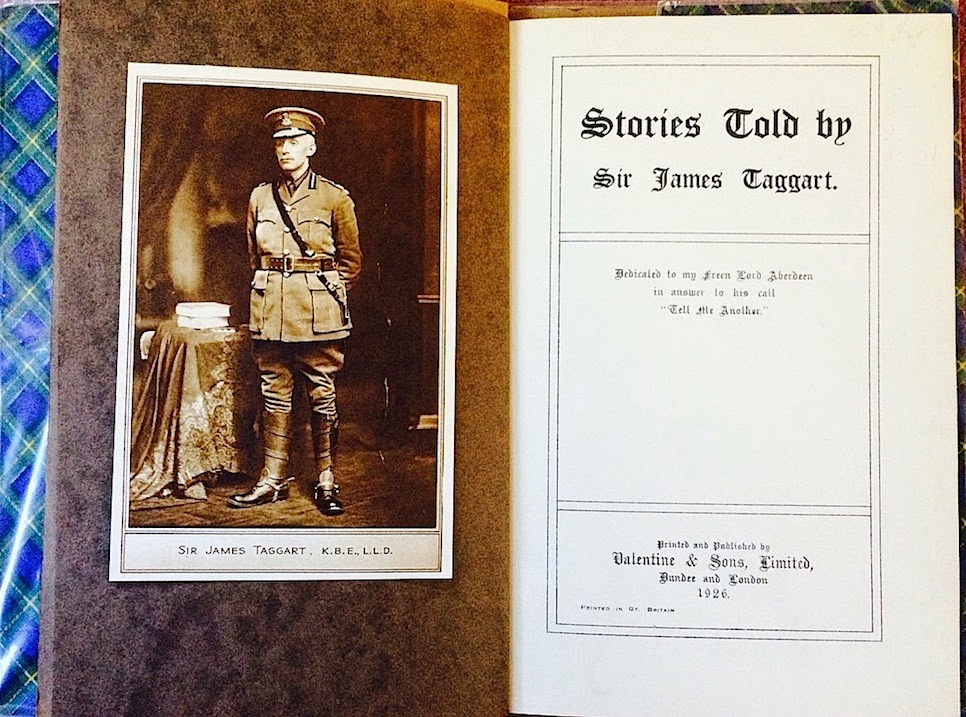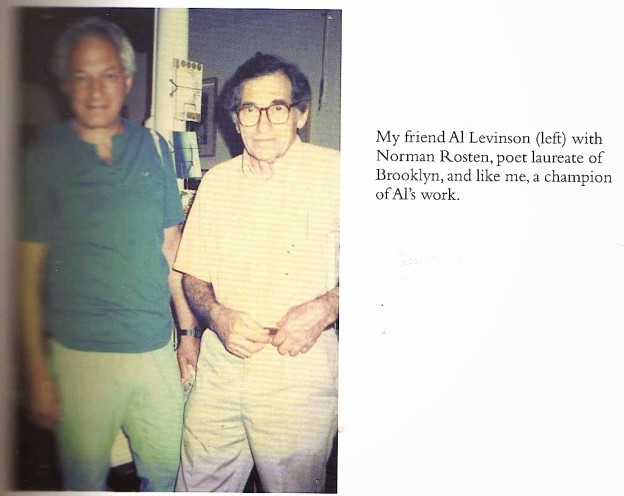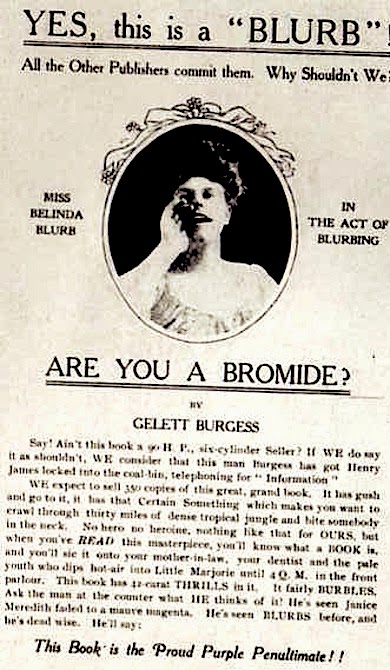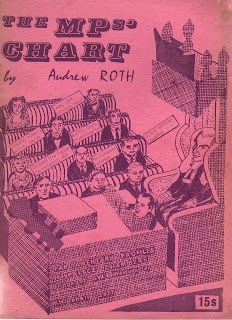Found in The Idler Magazine (Chatto & Windus, 1892. Volume 1, February to July. pp 109-110) this piece by regular contributor Barry Pain. The Idler was edited by Robert Barr and Jerome K Jerome. It ran from 1892-1911.
Over the years, the roster of writers who contributed to various issues was impressive: O. Henry, Mark Twain, Conan Doyle, Eden Phillpotts, Marie Corelli, Barry Pain, Israel Zangwill, Grant Allen, W. W. Jacobs, and Robert Louis Stevenson. At a single sitting, the pages took the reader from travel adventures to cultural appreciations of events in the home island nation. “The Idler‘s Club” was a standard feature of most issues. Various writers sketched out opinions in ironic and exaggerated language. This piece was found there. It was Barry Pain’s second idea in this issue – his first was that amateur dramatics would be much improved if performed in total darkness and thus they would also be able to avoid paying a licence fee…His idea for a club follows:
Barry Payn (sic) sympathises with the millionaires.
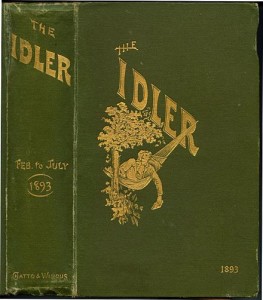 My second proposal is to establish a club for millionaires. We see suffering all around us, and it is useless to close our eyes to it. There are millionaires in our midst; and, whether we like it or not, they are out brothers and sisters. Putting it on grounds which will appeal to everyone – I mean the lowest possible grounds – we cannot afford to miss an opportunity of making a little out of them. If we explore the region of the docks, we find separate homes there for sailors of every nationality; there is even a home for lost dogs. But nowhere do we find a home for millionaires. I propose to establish a proprietary club for them, a little room with a sanded floor, where they will find that absence of luxury which they must miss so much. They will be able to get a chop or steak they; wine will not be served, but a boy will fetch them beer if they feel that they don’t want it; a large cup of cocoa will be one penny, and a small one will be half-a-crown.
My second proposal is to establish a club for millionaires. We see suffering all around us, and it is useless to close our eyes to it. There are millionaires in our midst; and, whether we like it or not, they are out brothers and sisters. Putting it on grounds which will appeal to everyone – I mean the lowest possible grounds – we cannot afford to miss an opportunity of making a little out of them. If we explore the region of the docks, we find separate homes there for sailors of every nationality; there is even a home for lost dogs. But nowhere do we find a home for millionaires. I propose to establish a proprietary club for them, a little room with a sanded floor, where they will find that absence of luxury which they must miss so much. They will be able to get a chop or steak they; wine will not be served, but a boy will fetch them beer if they feel that they don’t want it; a large cup of cocoa will be one penny, and a small one will be half-a-crown.
I have forgotten my reason for that last regulation, but I remember that it was logical. One of the cheaper evening papers will be taken, and members of the club can have it in turn; or, if they prefer it, they can do without it. I have no wish to limit their liberty more than is absolutely necessary for their own discomfort. Everything that can done to make the place nasty will be done. I intend, for the protection of the general public, to make the club exclusive. Only millionaires will be eligible. There will be an entrance fee of a thousand guineas and an annual subscription of one hundred. The subscription, together with a statement of the place of their birth, if any, must be forwarded in advance to the proprietor. I shall be the proprietor myself. I have other proposals to make, but these are enough for the present. I may have occasion to refer to the subject again, but I make no threats.

